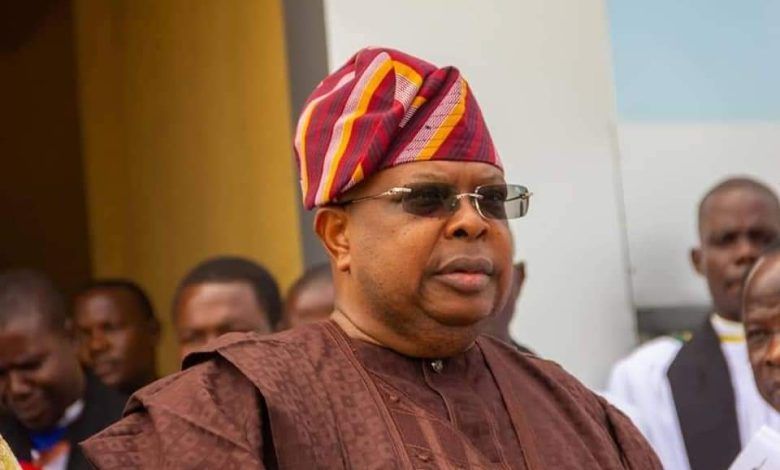The Director-General of the Nigeria-China Strategic Partnership, Mr. Joseph Tegbe, and the Minister of State for Industry, Trade, and Investment, Senator John Enoh, convened a strategic meeting to chart a course for revitalizing Nigeria’s economy through focused development of the mining and automotive sectors. Their discussion centered on actionable strategies aligned with President Bola Ahmed Tinubu’s Renewed Hope Agenda, aiming to transform Nigeria from its current import-dependent status into a production and export-driven economic powerhouse. This transformation hinges on leveraging the potential of these key sectors to drive industrial growth, create jobs, and bolster Nigeria’s global competitiveness. The meeting underscored the commitment of both parties to collaborate in achieving this ambitious goal.
Senator Enoh reiterated the Federal Government’s prioritization of three key sectors: sugar, cotton-textile-garment, and automobiles. Each sector benefits from the support of dedicated industry councils tasked with driving localized production, stimulating domestic demand, and enhancing Nigeria’s competitive edge in the global market. Central to this strategy is the “Nigeria First Policy,” a presidential directive mandating all government agencies to prioritize locally produced goods and services in their procurement processes. This policy is already demonstrating its effectiveness in restructuring supply chains, creating employment opportunities, and reducing reliance on imported goods across various sectors.
Mr. Tegbe emphasized the Nigeria-China Strategic Partnership’s commitment to supporting Nigeria’s economic transformation. He envisioned Nigeria evolving from a consumption-driven economy to a strategic development partner, particularly with China. Citing Brazil’s substantial export figures to China as a benchmark, Tegbe highlighted Nigeria’s potential to achieve similar success by focusing on high-impact sectors like agriculture, solid minerals, and industrial manufacturing. He underscored the need to shift from exporting raw mineral resources to developing local capacity for beneficiation, processing, and refining, supported by targeted regulatory reforms and investment incentives.
The mining sector, with its abundance of commercially viable minerals, holds significant potential for driving industrial growth. To unlock this potential, the focus must shift from exporting raw materials to developing local processing and refining capabilities. This value addition will not only generate higher revenue but also create more jobs and stimulate downstream industries. The Industrial Revolution Working Groups, established under the Presidential Council on Industrial Revitalisation, are actively working to address regulatory bottlenecks, improve access to infrastructure and financing, and foster sustainable growth across the entire mining value chain.
The automotive sector is also receiving significant attention, with policies designed to position Nigeria as a regional hub for vehicle assembly and full-scale manufacturing. The Nigeria First Policy has already begun to stimulate demand for domestically assembled vehicles and boost investor confidence in the sector. The government is committed to implementing a comprehensive national automotive policy that will facilitate the transition from basic assembly to advanced manufacturing, integrating local supply chains and paving the way for the production of electric and energy-efficient vehicles.
In conclusion, the meeting between Mr. Tegbe and Senator Enoh signifies a focused effort to leverage the potential of the mining and automotive sectors to drive Nigeria’s economic transformation. By prioritizing local production, stimulating domestic demand, and attracting foreign investment, the government aims to create a more resilient and globally competitive economy. The emphasis on value addition in the mining sector and the development of a robust automotive industry are key components of this strategy, underpinned by the Nigeria First Policy and supported by the ongoing work of dedicated industry councils and working groups. The partnership with China is seen as a crucial element in achieving these ambitious goals, with the potential to unlock significant opportunities for growth and development.














